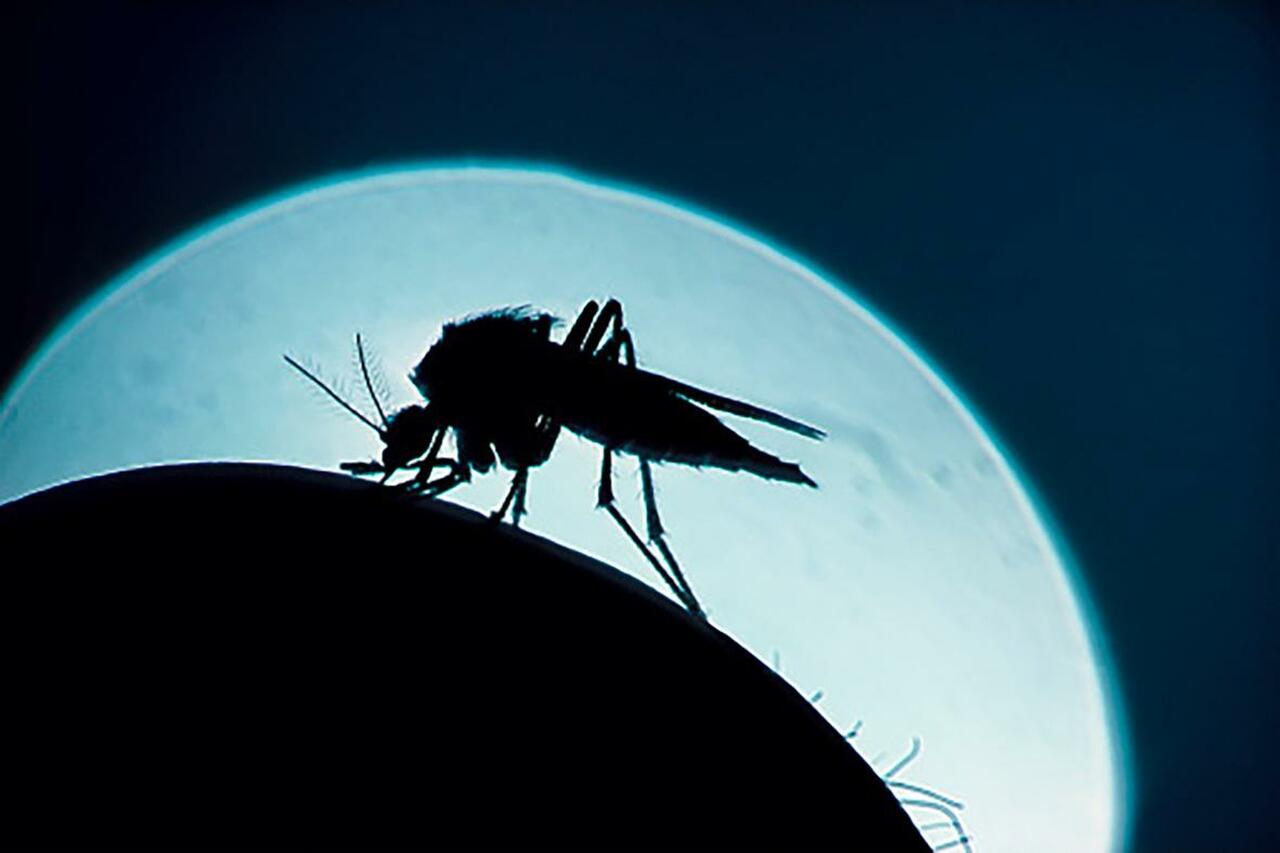The Anopheles Sacharovi has returned to Italy, known mostly for being the mosquito that “transports” malaria. And it was traced to be precise on the Adriatic coast in the province of Lecce. The news was reported on April 10 by “Parasite & Vectors”, the parasitology publication of the BMC, Biomed Central. And it’s not great news, even if it doesn’t even prefigure health catastrophes: Anopheles Sacharovi had in fact been missing from our country for at least 50 years. The authors of the study have no doubts: out of 11 areas inspected between San Cataldo, a town in the province of Lecce, and the north of Otranto, six tested positive for the presence of Anopheles. From a map attached to the study, it is noted that the mosquitoes in question (at the larva, pupa and adult stages) were located in the coastal area, in territories characterized by the presence of bodies of water, stagnations and a high level of humidity. Rising temperatures would have made the places once again a haven for these disease vectors, from which Italy was officially declared free in 1970.
The malaria mosquito returns to Puglia, the experts: «No alarmism». What is going on
«NO ALARM»
But don’t worry: we are not returning to the endemic situation of the 1900s, when there were more than 2 million cases and around 10 thousand deaths a year in Italy. «The news that Anopheles mosquitoes have been identified is not surprising – explains Angela Corpolongo, medical director of the IV Division of Infectious and Tropical Diseases at Spallanzani – The national surveillance plan for diseases transmitted by vectors specifically envisages monitoring the species of mosquitoes present in the area national susceptible to being vectors of diseases, whether dengue, chikungunya or indeed malaria”. You shouldn’t even think that Italy has been a totally malaria-free country since 1970. Cases of “imported malaria”, i.e. contracts in countries where the disease remains endemic, average 700 per year. There are also very few, but in any case not reduced to zero, cases of native malaria, i.e. totally made in Italy, contracted in Italy from mosquito bites in Italy. Seven occurred between 2011 and 2015. «Throughout Europe – explains Dr. Corpolongo – there is mainly imported malaria. The presence of the anopheles in Italy is not enough in itself to raise fears of the reintroduction of malaria: “for a mosquito to become a vector, it must first come into contact with and bite a person who is also a carrier of gametocytes and therefore sick.”
MONITORING
The Anopheles in Puglia confirms that the guard should not be lowered and that on the contrary, surveillance should be increased. «This note entails the need to raise the level of attention on prophylaxis: if a patient presents a fever with no known cause, I will still be alert, even if he has not traveled to an endemic area, because a vector has been identified in Italy. While for citizens it means, not so trivially: let’s raise the level of attention to the fight against mosquitoes, whether with mosquito nets, or by avoiding water stagnation, for example in saucers…”. It should be underlined that Spallanzani is already equipped with a higher level of surveillance, with a direct and privileged access clinic, where patients with suspected febrile symptoms can directly access the medical examination without an appointment. However, malaria cases are increasing globally. «According to the latest WHO figures, in 2022 there were around 250 million cases of malaria in the world, which is 5 million more than in 2021. In the same year, 34 nations reported less than a thousand cases per year. Even considering that the pandemic had caused a halt in infections, especially due to the stoppage of travel, the general trend is an increase in cases – explains the doctor – Even in Italy, cases of imported malaria are increasing”. Precisely for this reason it is important and wise “before going to an endemic area, to consult a travel medicine centre”, such as the one active at Spallanzani. Domenico Otranto, professor of Parasitic Diseases at the Department of Veterinary Medicine of the «Aldo Moro» University of Bari and president of the World Society of Parasitology, explained that the basis of the return of the anopheles in Italy «certainly there may be changes climates that are affecting our planet. These are not exclusively causes linked to rising temperatures, but also to the modification of habitats and micro habitats within which these mosquitoes can proliferate.”
© ALL RIGHTS RESERVED
